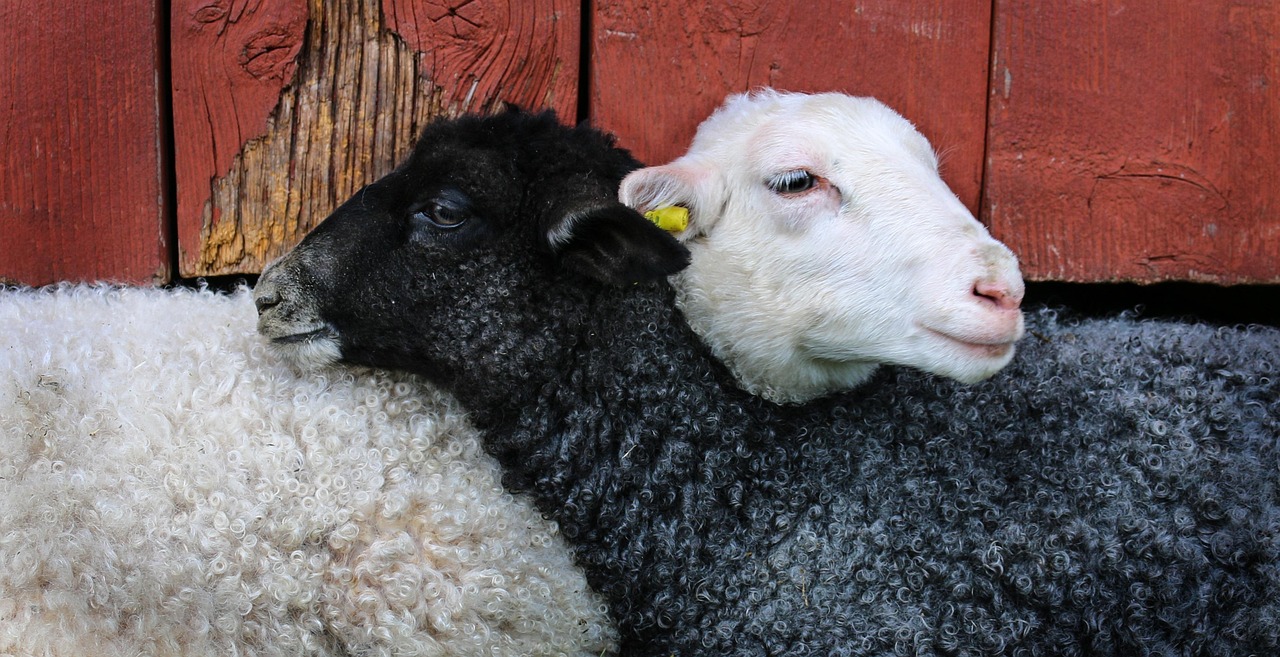Social bonding: it’s the invisible glue that holds societies together, fuels collaboration, and nurtures our individual well-being. More than just casual interactions, social bonding encompasses the development of deep, meaningful connections with others, leading to a sense of belonging, support, and shared identity. But in an increasingly digital and sometimes isolating world, understanding and actively fostering social bonding is more crucial than ever. Let’s explore the science behind these vital connections and how we can cultivate them in our lives.
The Science of Social Bonding
What is Social Bonding?
Social bonding refers to the process of developing close, interpersonal relationships that are characterized by:
- Trust: Believing in the reliability and integrity of others.
- Affection: Feeling positive emotions like warmth, care, and fondness.
- Commitment: A willingness to invest time and effort in maintaining the relationship.
- Reciprocity: A mutual exchange of support, understanding, and care.
Think of it as the foundational process that transforms acquaintances into friends, colleagues into teammates, and individuals into a community. It’s not just about being around people; it’s about forming genuine, supportive relationships.
The Biological Basis of Bonding
Social bonding isn’t just a psychological phenomenon; it has a strong biological basis. Key players in this process include:
- Oxytocin: Often called the “love hormone” or “cuddle hormone,” oxytocin is released during physical touch, social interaction, and even acts of kindness. It promotes feelings of trust, empathy, and attachment.
- Dopamine: This neurotransmitter is associated with reward and pleasure. Social interaction and positive relationships activate dopamine pathways in the brain, reinforcing bonding behaviors.
- Endorphins: These natural painkillers and mood elevators are released during physical activity and social interaction, contributing to feelings of well-being and connectedness.
These neurochemicals work together to create a positive feedback loop, encouraging us to seek out and maintain social connections.
The Evolutionary Advantage
From an evolutionary perspective, social bonding has been crucial for survival.
- Protection: Forming groups provided protection from predators and hostile environments.
- Cooperation: Working together allowed for more efficient hunting, gathering, and building.
- Resource Sharing: Sharing resources ensured that everyone had access to what they needed to survive.
- Child Rearing: Cooperative child-rearing increased the chances of offspring survival.
These factors highlight how social bonding has been essential for the success of humans as a species.
Benefits of Strong Social Bonds
Enhanced Mental Well-being
Strong social bonds are directly linked to improved mental health.
- Reduced Stress: Having supportive relationships acts as a buffer against stress. Knowing you have someone to lean on in times of difficulty can significantly reduce feelings of anxiety and overwhelm.
- Lower Rates of Depression: Social isolation is a major risk factor for depression. Strong social connections provide a sense of belonging and purpose, which combats feelings of loneliness and hopelessness.
- Increased Self-Esteem: Receiving positive feedback and support from others can boost self-esteem and confidence.
For example, a study published in the Journal of Health and Social Behavior found that individuals with strong social support networks were less likely to experience depression following stressful life events.
Improved Physical Health
The impact of social bonding extends beyond mental health to influence physical well-being.
- Stronger Immune System: Studies have shown that individuals with strong social connections tend to have stronger immune systems. This may be due to the stress-reducing effects of social support.
- Lower Blood Pressure: Social isolation has been linked to higher blood pressure. Supportive relationships can help regulate blood pressure and reduce the risk of cardiovascular disease.
- Increased Longevity: Research consistently demonstrates that individuals with strong social bonds live longer than those who are socially isolated.
Greater Resilience
Social bonds contribute to resilience, the ability to bounce back from adversity.
- Emotional Support: Having people to turn to during difficult times provides emotional support and helps individuals cope with challenges.
- Practical Assistance: Social networks can provide practical assistance, such as financial help, childcare, or assistance with tasks.
- Sense of Community: Belonging to a community fosters a sense of shared identity and purpose, which can provide strength and resilience in the face of adversity.
Strategies for Building Social Bonds
Cultivating Meaningful Conversations
Superficial conversations are unlikely to foster deep connections. Focus on having meaningful conversations that:
- Involve Active Listening: Pay attention to what others are saying, ask clarifying questions, and show genuine interest.
- Share Personal Experiences: Be willing to share your own experiences and vulnerabilities. This creates a sense of trust and allows others to connect with you on a deeper level.
- Express Empathy: Try to understand and share the feelings of others. Show compassion and offer support when needed.
A simple technique is to ask open-ended questions that encourage people to elaborate. Instead of asking “Did you have a good day?”, try “What was the most interesting thing that happened to you today?”.
Engaging in Shared Activities
Shared activities provide opportunities to bond with others and create lasting memories.
- Join a Club or Organization: Participating in activities that align with your interests can connect you with like-minded individuals.
- Volunteer Your Time: Volunteering is a great way to meet people and make a difference in your community.
- Take a Class or Workshop: Learning new skills together can be a fun and engaging way to bond with others.
Consider joining a book club, a sports team, or a community gardening group. The shared experience creates a natural environment for bonding.
Practicing Kindness and Gratitude
Acts of kindness and gratitude strengthen social bonds and foster positive emotions.
- Offer Help to Others: Be willing to lend a hand to those in need.
- Express Appreciation: Let others know that you appreciate their efforts and contributions.
- Practice Random Acts of Kindness: Small acts of kindness, such as holding the door open for someone or offering a compliment, can make a big difference.
Writing a thank-you note or offering to help a neighbor with a task are simple ways to practice kindness and gratitude.
Social Bonding in the Digital Age
Navigating the Online World
While social media can connect us with people across the globe, it’s important to use it in a way that fosters genuine connections.
- Prioritize Quality Over Quantity: Focus on building meaningful relationships with a smaller number of people, rather than accumulating a large number of superficial connections.
- Engage in Authentic Interactions: Share your thoughts and feelings honestly, and be genuine in your interactions with others.
- Be Mindful of Your Time: Limit your time on social media and prioritize face-to-face interactions.
Think about using social media to schedule real-world meetups with online friends or to share updates about your life with close family members.
Combating Social Isolation Online
The digital world can also contribute to social isolation. Here’s how to combat it:
- Seek Out Online Communities: Find online communities that align with your interests and values.
- Participate Actively: Engage in discussions, share your thoughts, and offer support to others.
- Be Mindful of Cyberbullying: Report and block cyberbullies. Protect yourself and others from online harassment.
Consider joining online forums or groups related to your hobbies or professional interests.
Conclusion
Social bonding is a fundamental human need that plays a vital role in our mental, physical, and emotional well-being. By understanding the science behind social connections and implementing strategies to cultivate meaningful relationships, we can enrich our lives and build stronger, more resilient communities. In an era where technology can both connect and isolate us, prioritizing genuine human connection is more important than ever. Make a conscious effort to reach out, engage, and build bonds that will sustain you through life’s journey.




